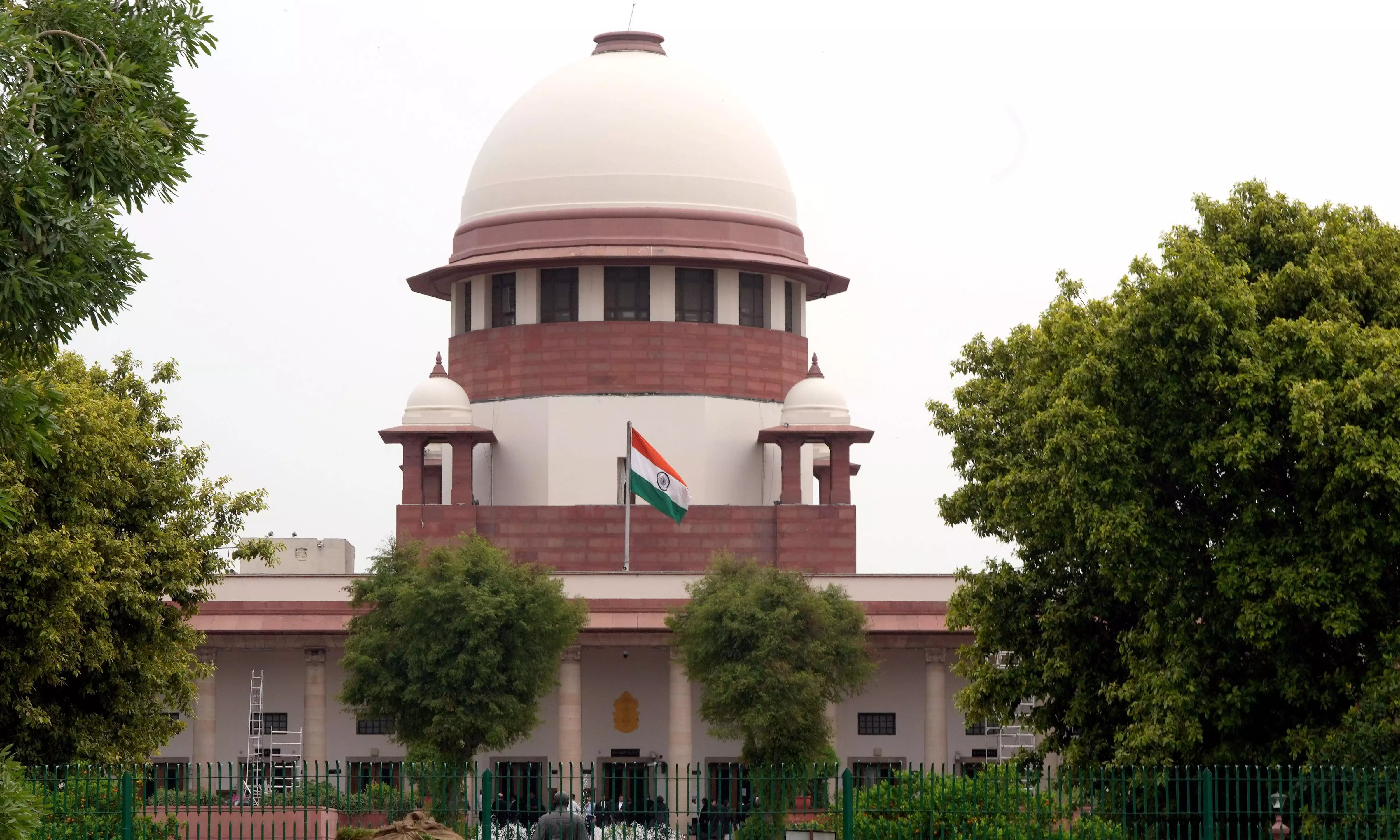DC Edit | Welcome rulings by SC on bail, disabled rights

The Constitution offers a framework for the formation of a society which will ensure for its members justice, liberty and equality and has listed measures to deter the state from, through sins of omission, denying these to them. The right to be treated equitably (Article 14) and the right to life and liberty (Article 21) are among the fundamental rights enshrined in the Constitution which make it incumbent upon the government to be proactive and responsible. And there is Article 32, which enables one to move the Supreme Court for the enforcement of the fundamental rights. The same article also empowers the Supreme Court to intercede on behalf of the dispossessed. It is not for no reason then that chairman of the drafting committee, Dr B.R. Ambedkar, called Article 32 the “heart and soul” of the Constitution.
It is in this background that two recent interventions of the Supreme Court must be seen. In a judgment last week, the court has called on the Union government to be proactive in protecting the rights of persons with disabilities. In another, it has reiterated the importance of the right to liberty and held that the delay of even one day in deciding an appeal seeking bail is an infringement upon that right.
By its directive to the Union government to implement mandatory accessibility standards for persons with disabilities in three months, the court has extended the protection of the right to equality to a section of people who were denied the same for no fault of theirs. The court insisted that the government must realise the necessity of “meaningful access” for such persons to public spaces and suggested two practical ways of achieving it: One, adapting existing infrastructures to accessibility standards, and two, ensuring that all new infrastructure is designed to be inclusive from the outset. The court acknowledged the role of the Rights of Persons with Disabilities (RPWD) Act even as it found that it does not establish enforceable standards but relies on self-regulation instead. It is not enough, there must be non-negotiable standards making public spaces truly inclusive, the court has held.
In an ideal case scenario, it is the job of the executive arm of the government to move with the times, understand the issues disabled people face, design ways to overcome them and earmark resources. But despite the best efforts of various institutions and organisations, including courts, the executive was not inspired to act on this count. Hence the intervention by the court.
The directive to courts across the country not to procrastinate on bail petitions, again, is a warning to the executive for intending to make the judicial process a punishment for the citizens. The courts have realised that the executive is actively engaged in denying people’s right to liberty using legal processes and the judiciary itself has been playing ball, resulting in people languishing in jail for years together without being found guilty. It is welcome that the judiciary has finally woken up to this governmental route of denying people rights under Article 21 and decided to stand with the Constitution. It is up to the government to take the cue from the apex court’s interventions now and correct its policies.

